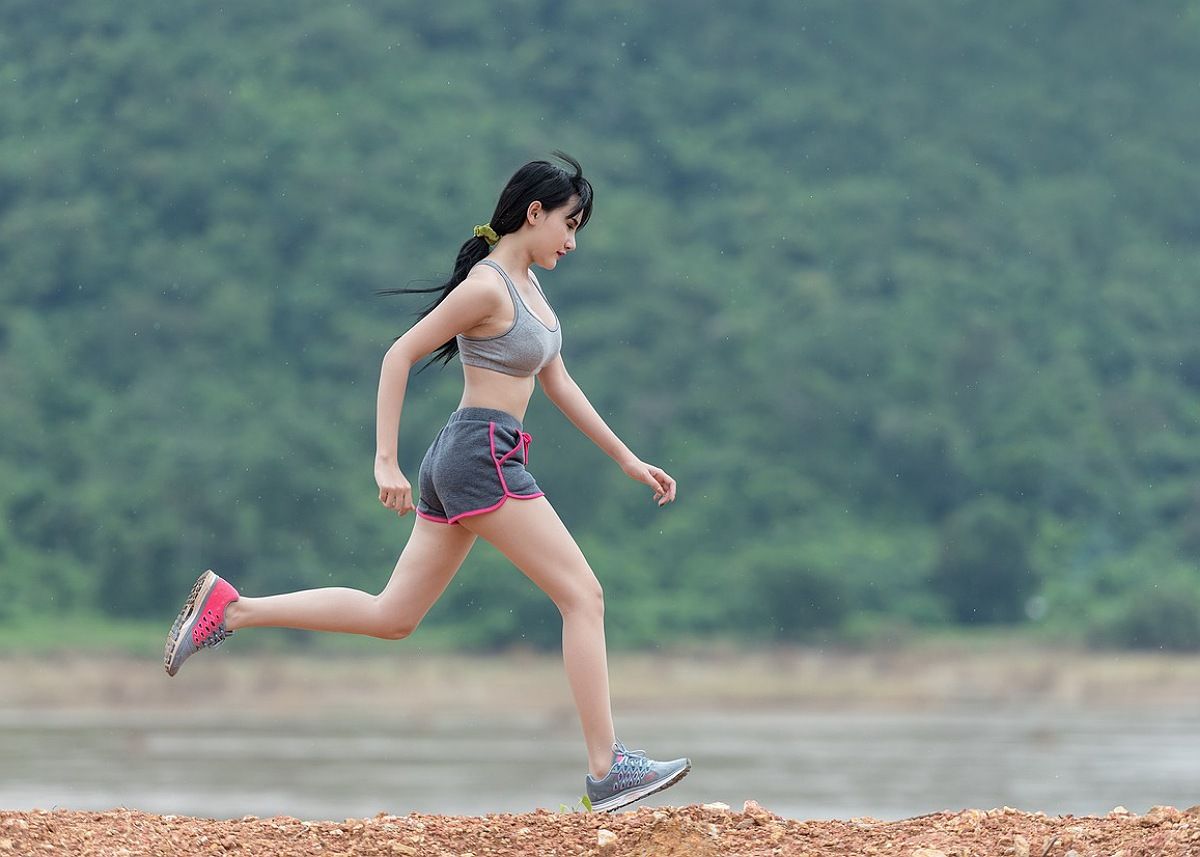Having allergies might be a stumbling block for someone who enjoys stretching and moving their body outdoors. According to TimesLIVE, the most recent sporting trends have seen avid fitness enthusiasts and newcomers to the fitness game trying outdoor activities like padel, callisthenics, and hiking.
While there are good ways to enjoy fresh air and soak up sunlight, especially during the summer months, for athletes who suffer from allergies, this might come with rain checks.
Karvol brand manager Bronwyn Ragavan said, ‘There are many runners, cyclists, hikers, and outdoor exercise enthusiasts who have to give up being outdoors due to allergies.’
She added that many athletes, even though they suffer from allergies, might brave the pollen count to get their daily exercise in, but it can leave them feeling congested, fatigued and sneezy during and after exercise.
So follow these tips to make your workout less itchy and sniffly.
HOW DO ALLERGIES AFFECT YOUR WORKOUTS?
Runner’s World.com mentioned:
‘The first thing that happens is that, inherently, as you run, you increase your ventilation; you increase your respiration, so you are inherently going to breathe in more of what’s in the atmosphere. Then, when there’s pollen out there, you are going to breathe in more pollen than you normally would,’ Robert Zemble, M.D., division chief of allergy at the Lehigh Valley Health Network, told Runner’s World.
KNOW YOUR POLLENS
According to WebMD.com, there are different readings for different types of pollens. A tree pollen level at or above 90 is high, for example, while 1 to 14 is considered low. Living in the digital space makes everything easier. Some websites and apps offer pollen forecasts for different areas. Websites such as the American Academy of Allergy, Asthma, and Immunology are good for tracking pollen counts for trees.
As reported by TimesLIVE, on days when pollen counts are high, consider exercising indoors or going outside at times when the count is typically lower, such as in the morning or late evening.
CHOOSE THE RIGHT LOCATION
Avoid exercising near busy roads to reduce exposure to vehicle exhaust. Familiarize yourself with parks with a variety of tree and plant species, as they may lower levels of specific allergens compared to areas dominated by grasses or flowering trees.
TAKE YOUR ALLERGY MEDICINE
According to Runners World.com, the first step to controlling allergy symptoms is taking your medication before the actual allergy season begins. Consult with your doctor or allergist to get tested for allergies. Additionally, there are plenty of over-the counter medications and other products you can get from the pharmacy to add to your runner’s toolkit that will offer you relief.
TAKE A SHOWER
Allergist at NYU Langone Health, Nathanael Horne, advised that after running or coming in from outside, you should change your clothes and shower to remove adhering pollen.
WEAR SHADES AND A HAT/CAP
Sunglasses are useful for preventing pollen from getting into your eyes, while a hat or cap can help reduce the amount of pollen landing in your hair and reaching your eyes.
What type of allergies do you have and how do you maintain your workout routine?
Let us know by clicking on the comment tab below this article or by emailing info@thesouthafrican.com or sending a WhatsApp to 060 011 021 1 You can also follow @TheSAnews on X and The South African on Facebook for the latest news.
